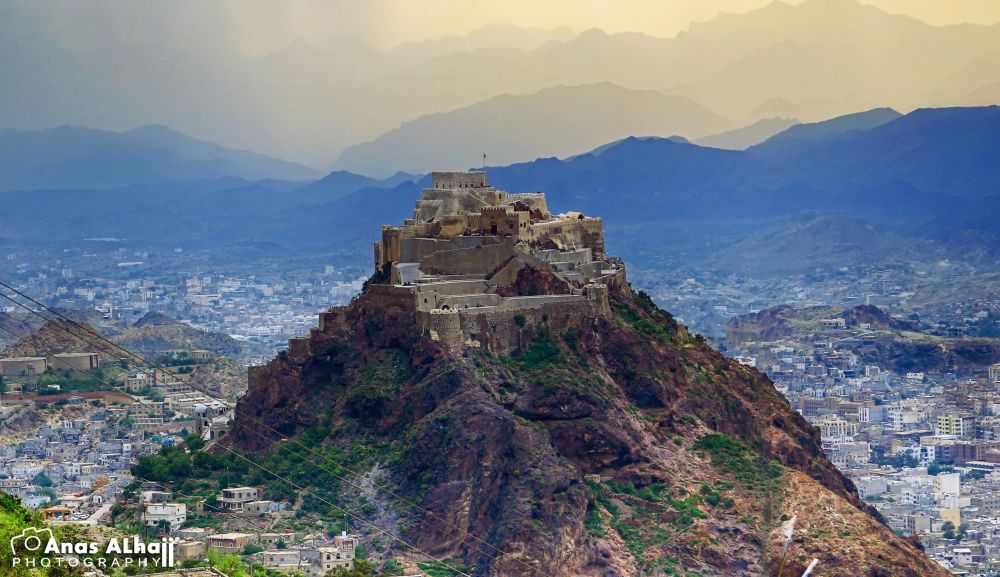

AlSuhaimi Palace, often revered for its striking traditional Islamic architecture, stands as a testament to Yemen's rich history. Originally established during the Ottoman era, this palace has passed through the hands of various powerholders, reflecting the diverse cultural influences that have shaped Taiz and Yemen more broadly. Historically, the palace has played a role not only as a residential space for influential figures but also as a stronghold during turbulent times.
Tourism at AlSuhaimi Palace began to gain traction in the late 20th century as global interest in cultural heritage sites increased. Visitors were drawn to the Palace for its unique blend of Islamic art and local Yemeni craftsmanship. Intricate woodworks, beautiful stained glass, and ornate plaster decorations have made it a noteworthy destination for tourists seeking to delve into the historical and artistic landscape of Yemen.
Among the challenges faced by AlSuhaimi Palace's tourism were periods of political instability and conflict in Yemen. These events have caused fluctuating tourist numbers and have at times hindered the preservation efforts of the Palace's unique heritage. Despite these challenges, local and international bodies have shown a keen interest in conserving this historical edifice as a beacon of cultural identity.
The latest trend in tourism at AlSuhaimi Palace and similar sites within Yemen is the increasing reliance on virtual tourism due to current travel constraints. This digital approach enables people from around the world to explore the grandeur of the palace remotely. Additionally, there has been a heightened focus on sustainable tourism practices that aim to not only preserve the cultural heritage but also ensure that tourism development benefits local communities.
Partnerships with international heritage organizations and the promotion of responsible tourism are key to the current strategy, emphasizing the need to protect and celebrate the AlSuhaimi Palace while providing authentic, enriching experiences for visitors.
While in-person visits remain limited, the potential for tourism to act as a catalyst for cultural exchange and economic development in Taiz is widely acknowledged, with hopes that peace and stability will once again allow AlSuhaimi Palace to thrive as a hub of Yemeni heritage and tourism.